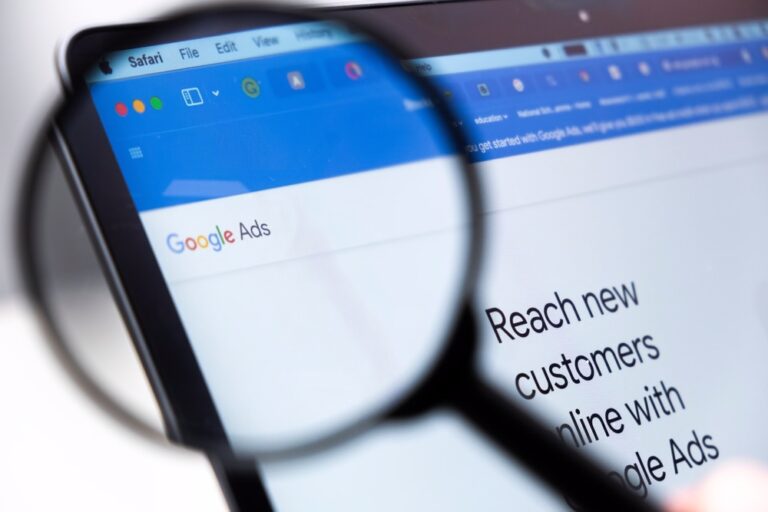Digital marketing for mobile devices can take a backseat for many businesses – but now that mobile has overtaken desktop internet usage, we know mobile marketing is an integral part of any strategy.
2016 will see over 2 billion mobile users, as IDC estimates. There’s been a 400% growth in just under 10 years. And there’s no sign of this growth stopping.

Mobile Adoption
Smartphones have become the most widely owned internet-enabled devices, present in 66% of households, with laptops at 65%.
Also, 54% of households own at least 1 tablet, which is still considered to be a mobile device.

Mobile Media
More users are engaging with multimedia on mobile devices, which would have traditionally been on a PC or the television.
More and more people are consuming audio and video media on mobile devices, rather than the traditional television or radio. While consumer habits aren’t changing as such, the channel and method has dramatically.
Radio usage via radio and mobile devices is slated to hit 2 hours and 16 minutes per day in 2017. Brands should consider creating audio content for customers, such as podcasts.
Video is also becoming much more popular – with the YouTube mobile app gaining 12.5 million downloads in May 2016. YouTube appears on almost 60% of all smartphones.
Visual Content
Visual platforms are also on the rise, as more people are consuming visual imagery on mobile devices.
Instragram appears on 38.4% and Pinterest at 25%, according to ComScore.
Social Media is Mobile
56% of online adults in the UK are using social networks – providing a great audience which allows for deep audience targeting for advertising.
Facebook owns the 3 most popular apps in the world – WhatsApp, Messenger, and the Facebook app itself, coming in at a worldwide download total of 116.5 million downloads in May 2016.
Snapchat has 27 million downloads, and Instagram with 25.6m (also owned by Facebook).
This means that digital markers need to ensure they make the most of social channels, and ensure the format is suitable for customers on mobile devices.
Paid social ads are a great way to find new customers, and turn them into leads or sales.
Email Marketing
Email opens on mobile devices continue to rise. Emails opened on mobile devices averaged over 54%, so having mobile-friendly emails is very important.
Search and PPC
Over half of Google searches occur are now occurring on mobile devices, which means your brand will need a mobile-friendly website to get the best possible rankings.
Location-related mobile searches growing 50% faster than general searches on mobiles.
On top of this, 1/3 of Google mobile searches relate to location, which means local SEO is becoming a more important aspect of marketing.
Mobile Video Ads
Video advertising on mobile devices last hit $500 million in 2014 – and this is expected to rise to $4.4 billion by 2018.
In 2014, Google Search had an audience of 39.6 million across all platforms, with an 83% active reach.
Ecommerce
45 billion euros were spent online through mobile devices in 2015, with this figure continuing to rise. Alongside this, 12% of all online purchases were made through mobile devices.
The Future
Mobile internet usage will continue to grow, meaning that focusing your marketing on mobiles will become even more important.
Consumer spending on mobile devices is expected to top £53 billion by 2024 – and 42% of all retail sales are expected to involve mobile devices in some way.
Despite the fact mobile internet usage is rising, there’s still a lot of PC and laptop users to appeal to. Tablets may well be mobile devices, but people treat these devices differently, and operate in a different way.
You need to ensure your website provides a great mobile experience, and you market to users on mobile devices effectively.












